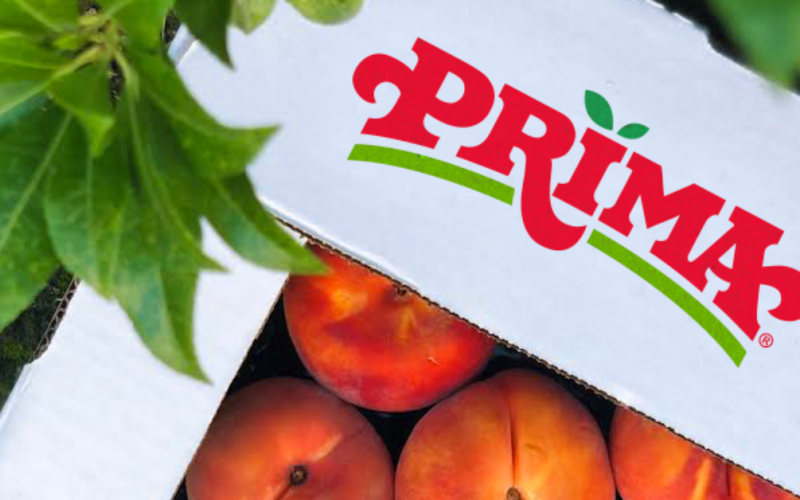Prima Wawona, the firm resulting from the merger of two of America’s largest stone fruit producers based in the San Joaquin Valley, has lost nearly all of its value since being acquired by a private equity firm.
It begs the question: Can Wall Street successfully run a major farming enterprise across the country?
The backstory: Four years ago, Gerawan Farming and Wawona Packing merged together to create Prima Wawona, which became the largest stone fruit producer in the world.
- The merger was facilitated by Paine Schwartz, a private equity firm that has invested in the food and agribusiness sector for over 20 years, including a major investment in Wawona Packing in 2017.
- Gerawan Farming was owned by the Gerawan family. Dan Gerawan initially took over as CEO of Prima Wawona. Wawona Packing CEO Brent Smittcamp remained involved in the new company briefly as well.
- Gerawan stayed on as CEO until 2021, when Paine Schwartz took over full control of Prima Wawona.
The big picture: Within two years of Gerawan’s exit, however, Prima Wawona appears to be effectively worthless.
- Private market holdings for the Maine Public Employee Retirement System (MainePERS) detail the financial collapse of Prima Wawona.
- MainePERS made an initial $15 million investment in Paine Schwartz’s Wawona Packing fund in 2017. By September 2022, the investment was worth $7.978 million. Just three months later at the end of 2022, the MainePERS investment into the Wawona fund was worth only $4,000.
- In 2019, MainePERS invested $7.238 million in Paine Schwartz’s merger investment into Prima Wawona. With the merger, that investment rose to $13.332 million in September 2022. But by the end of the year the MainePERS investment into Prima Wawona was only worth $537,000.
- In just a matter of three months, Prima Wawona lost 96 percent of its value.
Deeper trouble ahead: On June 1, credit rating service Moody’s downgraded Prima Wawona’s corporate family rating from Caa1, which the ratings agency describes as being in “poor standing and subject to very high credit risk.”
- Its new, lower corporate family rating is Ca, which Moody’s describes as being “highly speculative and are likely in, or very near default, with some prospect of recovery in principal and interest.”
- The ratings agency also attached a a “limited default” rating as part of its corporate family probability of default rating, indicating the firm is in default on a limited set of its obligations.
What they’re saying: Neither Paine Schwartz nor Dan Gerawan responded to a request for comment from The Sun.











